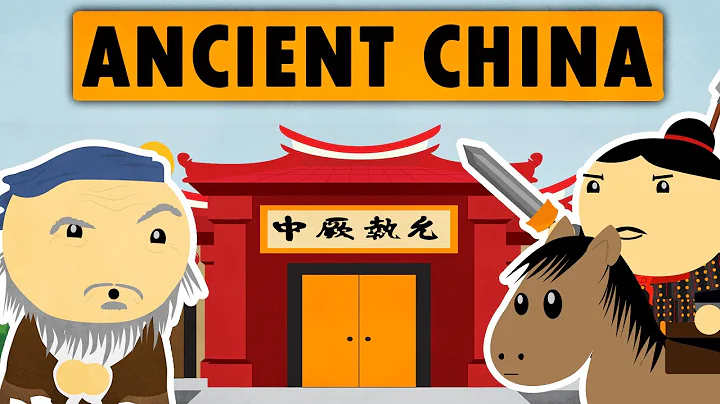In the feudal dynasty, in order to gain the loyalty of ministers, the emperor not only gave them generous material rewards, but also gave them some spiritual wealth. For example, "giving a surname" was a great honor for ancient ministers.
Giving surnames, also called giving surnames to the country, simply means that the emperor will reward his surnames to ministers who have made positive contributions to the country to prove their recognition of the ministers' merits. Li Ji is a typical example.

When Tang Gaozu was in power, because Xu Shiji was the founding hero of the Tang Dynasty , he was not only canonized as a British Duke, but also given the surname "Li". After Li Shimin succeeded to the throne, in order to avoid the taboo of the emperor's name, Li Shiji changed his name to Li Shiji. Li Ji.
During the Ming Dynasty period, the matter of "giving surnames" suddenly changed. As we all know, the emperor of the Ming Dynasty was surnamed Zhu, and the country's surname was naturally Zhu, but Zheng He and Zheng Chenggong were given the surname "Zheng". What is the reason for this?

Zheng He's original name was Ma He. He was just an ordinary soldier. During the Jingnan Battle, he risked his life to protect Zhu Di . Zhu Di was grateful for his loyalty. In order to commend his achievements, he wrote with a brush Ma He changed his name to Zheng He.
Looking back at the situation at the time, Zhu Di's commendation to Zheng He was just a reward based on merit. Perhaps on a whim, he thought of the word "Zheng" and gave it to Zheng He. Zhu Di did not consider "Zheng" at the time. "The surname is not a matter of national surname. After all, in an era when the emperor monopolizes power, it is a lifelong dream for many people to be given a surname by the emperor.

So why was Zheng Chenggong also given the surname Zheng? Probably because there are so many famous people. People who know something about ancient history must be familiar with the name Zheng Chenggong, but everyone has overlooked that Zheng Chenggong's original name was Zheng Sen. In other words, "Zheng" was Zheng Chenggong's original surname.
When Emperor Longwu was in power, Zheng Chenggong's father Zheng Zhilong introduced him to Emperor Longwu. It is said that the father is a hero and the son is a good man. Zheng Zhilong's military strength was the main support of Emperor Longwu. Emperor Longwu believed that the generals had no dogs and was full of expectations for Zheng Chenggong.

In order to express his affirmation to Zheng Chenggong, Emperor Longwu gave him the name "Success", which also meant that Zheng Chenggong could successfully regain Taiwan. Facts have proved that Zheng Chenggong lived up to Emperor Longwu's expectations. He successfully repelled the Dutch colonists. , regained Taiwan.
Zheng Chenggong had such great achievements, why didn't Emperor Longwu give him the surname "Zhu"? As Zheng Chenggong successfully regained Taiwan, the status of the Zheng family in the Ming Dynasty increased day by day. As Zheng Chenggong was a "popular star", how could the Zheng family change the honor of the Zheng family to the honor of the Zhu family?

Later, Emperor Longwu teased Zheng Chenggong and said, "You know, I don't have a daughter to betroth to you, so I can only change your name." This can also be seen how much Emperor Longwu valued Zheng Chenggong. If Emperor Longwu had a princess, then Zheng Chenggong must have had the identity of a consort.
In the final analysis, for the emperor, giving a surname is just a way to win people's hearts. As for whether it is a national surname or not, it is not important to the person who is given the surname. What the courtiers value is the honor of giving the surname, not the surname. What surname was given.
The system of giving surnames has long since disappeared with the torrent of history. The times are developing and human beings are also progressing. Some things that do not conform to the trend of the times will be replaced or eliminated. Too much evaluation is meaningless.


![✨Soul Land EP 01 - 130 Full Version [MULTI SUB] - DayDayNews](https://i.ytimg.com/vi/AtXBtbvNq2c/hq720.jpg?sqp=-oaymwEcCNAFEJQDSFXyq4qpAw4IARUAAIhCGAFwAcABBg==&rs=AOn4CLBOIp4OllfYh1yxt0effNrUko92Lg)


















